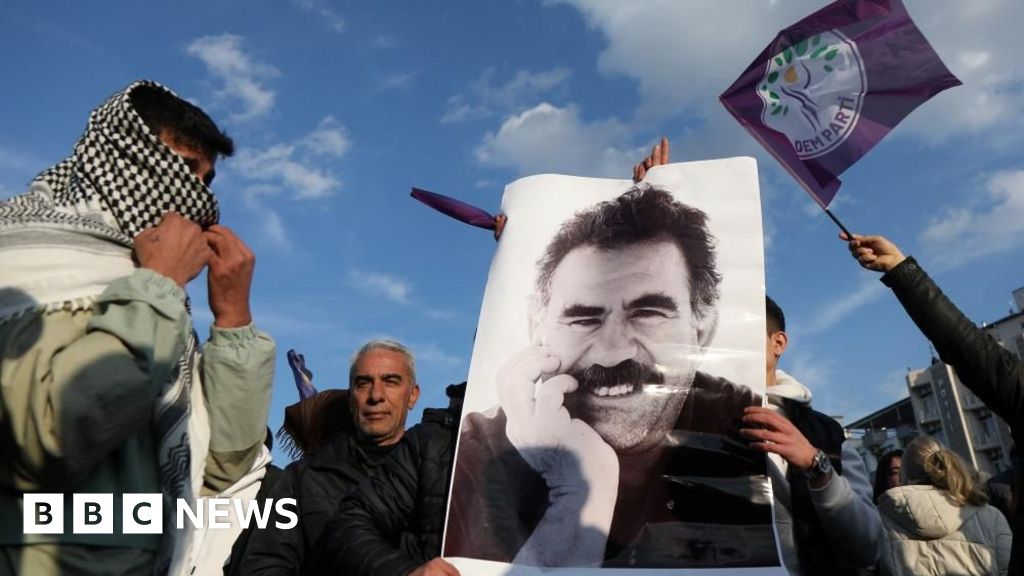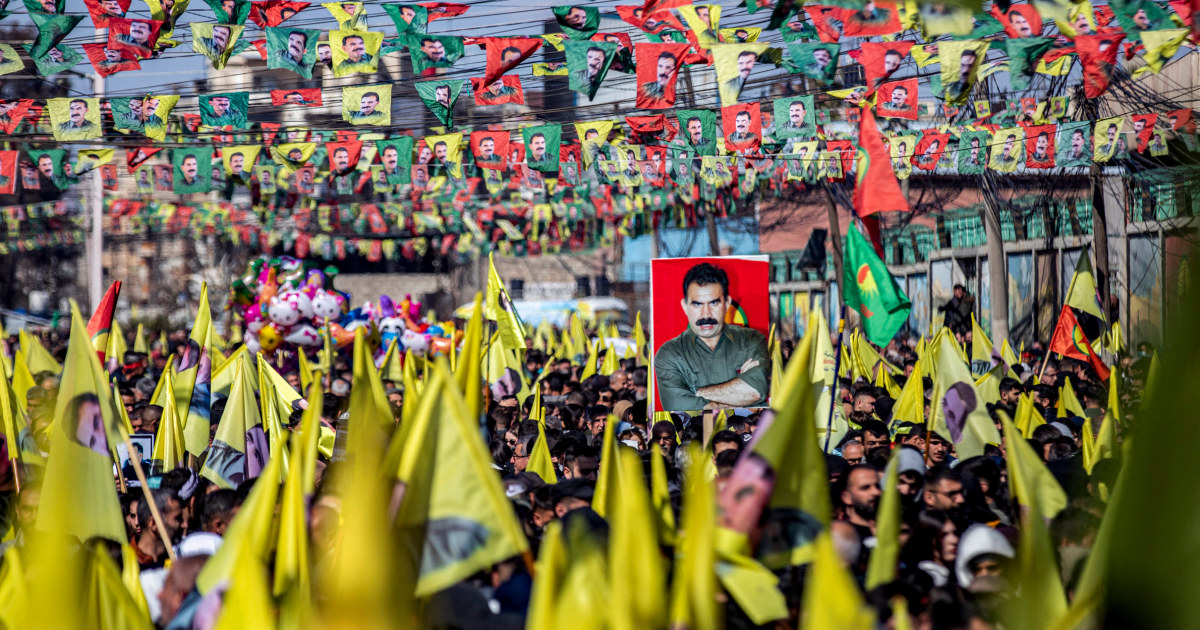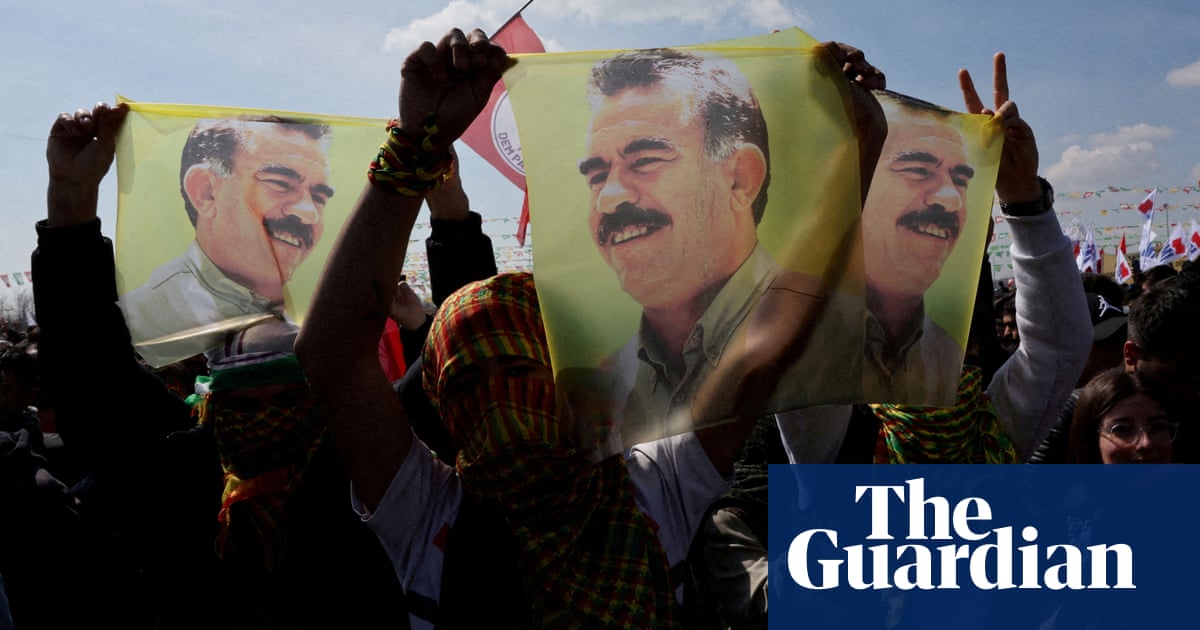Ocalan Calls for PKK to Disband, Seeking Peace with Turkey
Abdullah Ocalan urges the PKK to disarm and dissolve, signaling a potential end to decades-long conflict with Turkey.
Overview
Abdullah Ocalan, imprisoned leader of the PKK, has called for the militant group to lay down arms and dissolve, potentially ending a 40-year conflict in Turkey. His statement, echoed by pro-Kurdish politicians, suggests a shift towards peace amidst ongoing tensions. This unprecedented call for disarmament follows a new peace initiative from Turkish political leaders, aiming to address Kurdish political rights. The response from the PKK's leadership remains uncertain but could reshape the dynamics of Kurdish-Turkish relations. Amid hopes for progress, concerns linger regarding governmental crackdowns on Kurdish political activity and civil rights.
Content generated by AI—learn more or report issue.

Get both sides in 5 minutes with our daily newsletter.
Analysis
- Ocalan's call for the PKK to lay down arms and dissolve represents a significant potential turning point in Turkey's long-standing conflict, aiming to transition from violence to democratic political solutions.
- The initiative for peace includes input from Turkey's governing and opposition parties, indicating a rare collaborative political effort to address the Kurdish issue in Turkey.
- Ocalan's influence remains strong despite his imprisonment, and the response from various factions within the PKK and Kurdish community will be pivotal in determining the outcomes of this peace effort.
Articles (6)
Center (2)
FAQ
Ocalan's call for disarmament and dissolution is part of a new peace initiative, potentially linked to political developments in Turkey, including a suggestion by President Erdogan's coalition partner that Ocalan could be granted parole if the PKK renounces violence and disbands.
Ocalan's call could significantly reshape Kurdish-Turkish relations by potentially ending decades of conflict, though the response from the PKK's leadership remains uncertain. It could also influence broader political dynamics in Turkey, especially regarding Kurdish rights.
Previous peace efforts have faced significant challenges, including the failure of negotiations in 2015 and ongoing tensions between the Turkish government and Kurdish groups. Additionally, the PKK is considered a terrorist organization by Turkey and its Western allies, complicating diplomatic efforts.
The timing of Ocalan's call coincides with political maneuvers in Turkey, where President Erdogan may need support from various parties to enact constitutional changes or maintain power. This could create an environment where concessions to Kurdish groups might be considered.
History
- This story does not have any previous versions.





